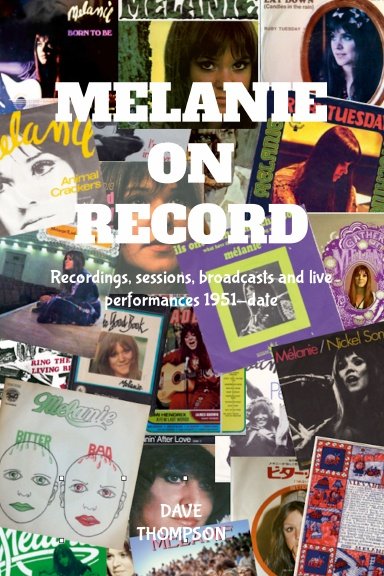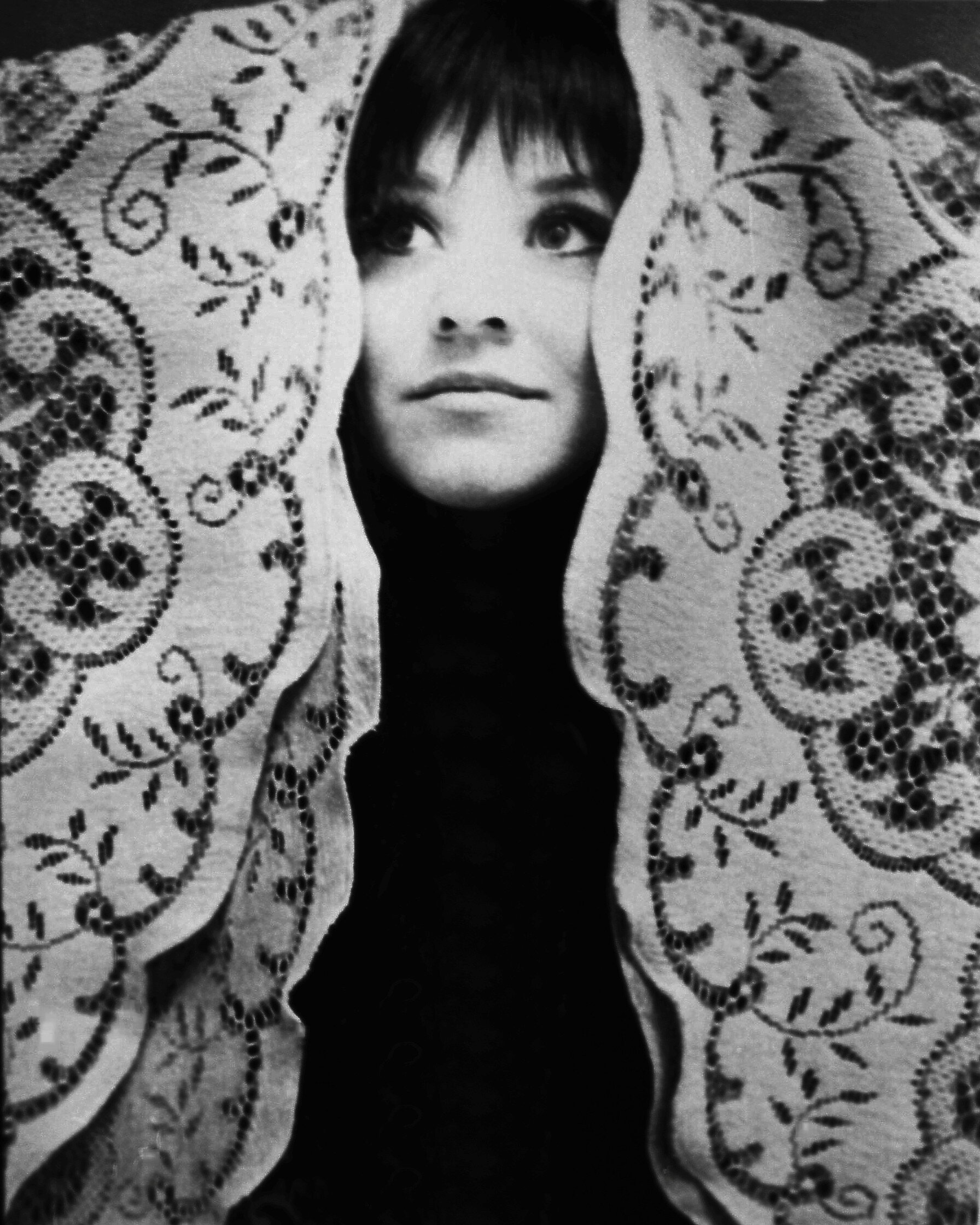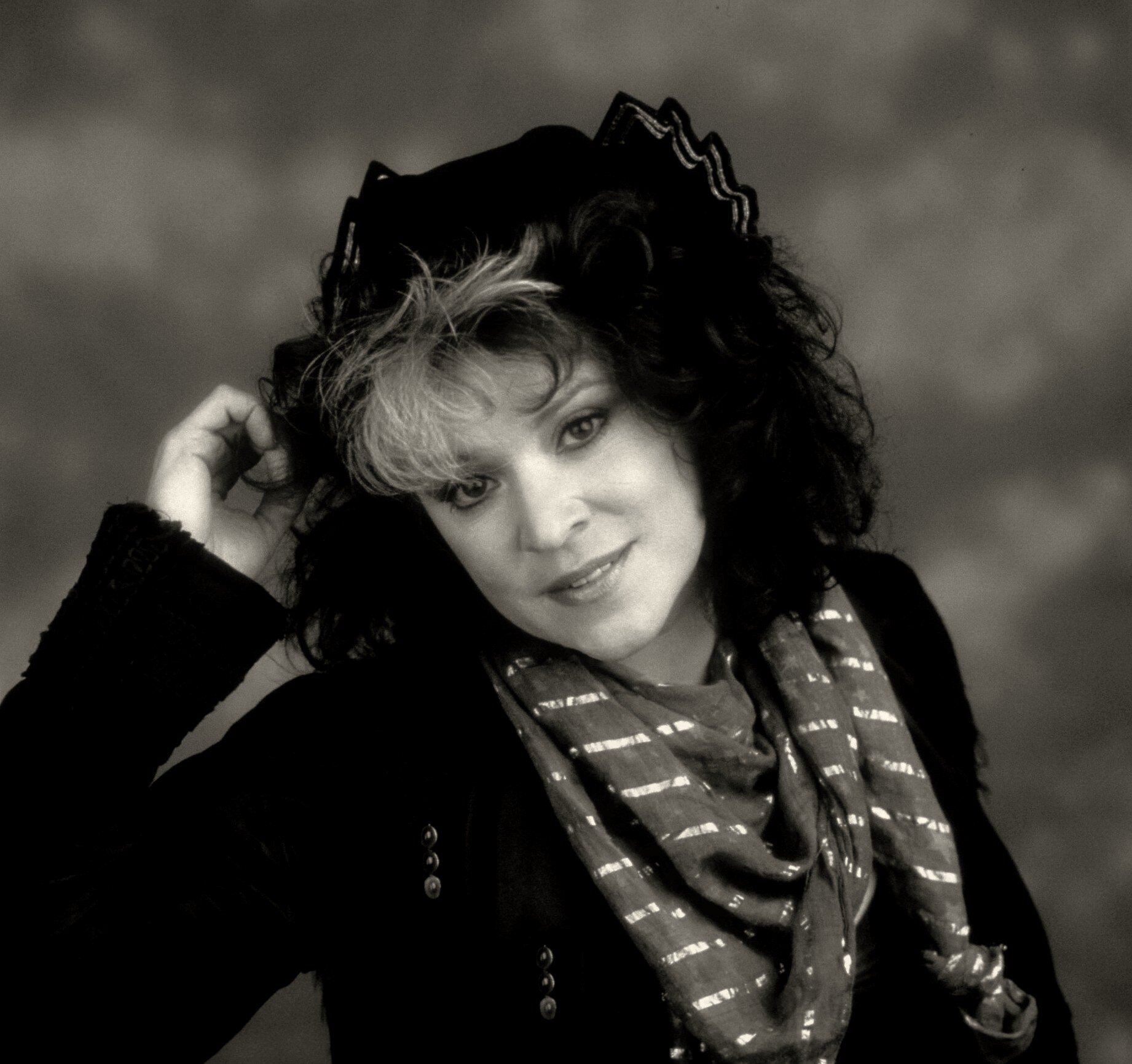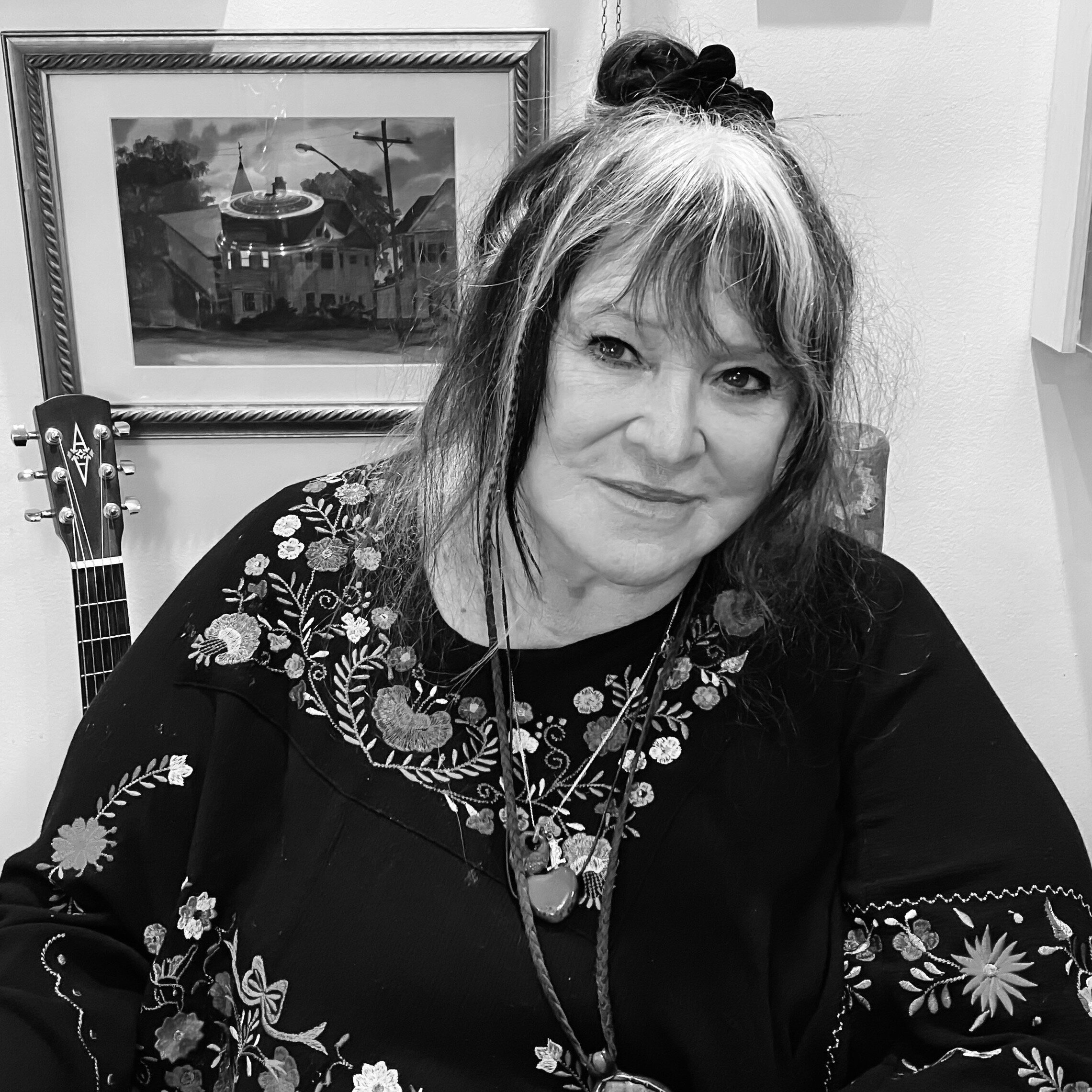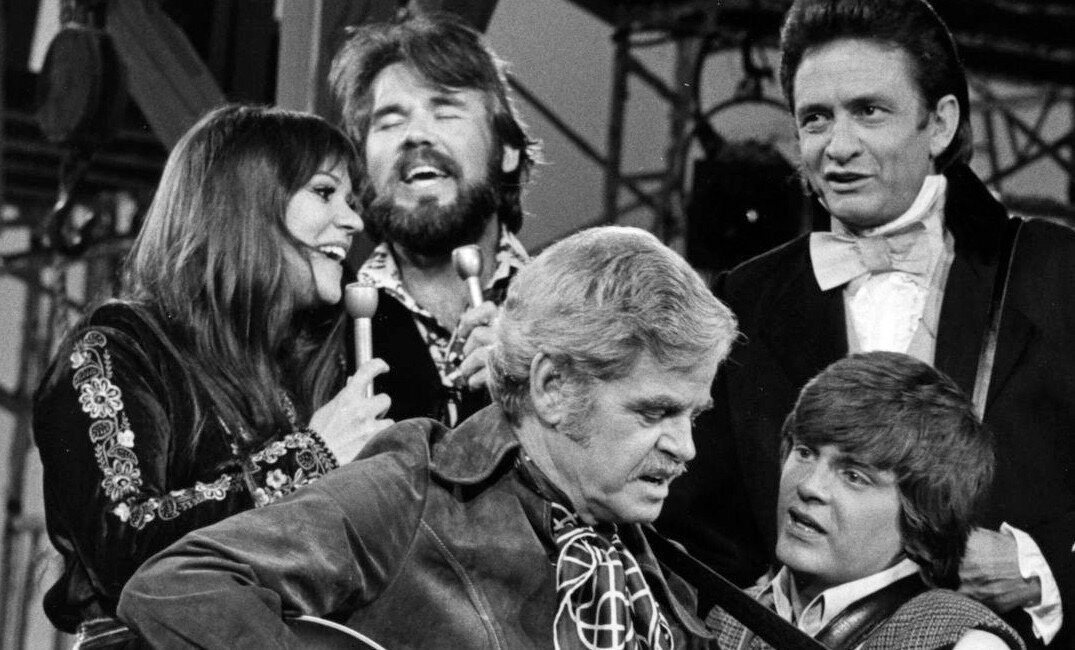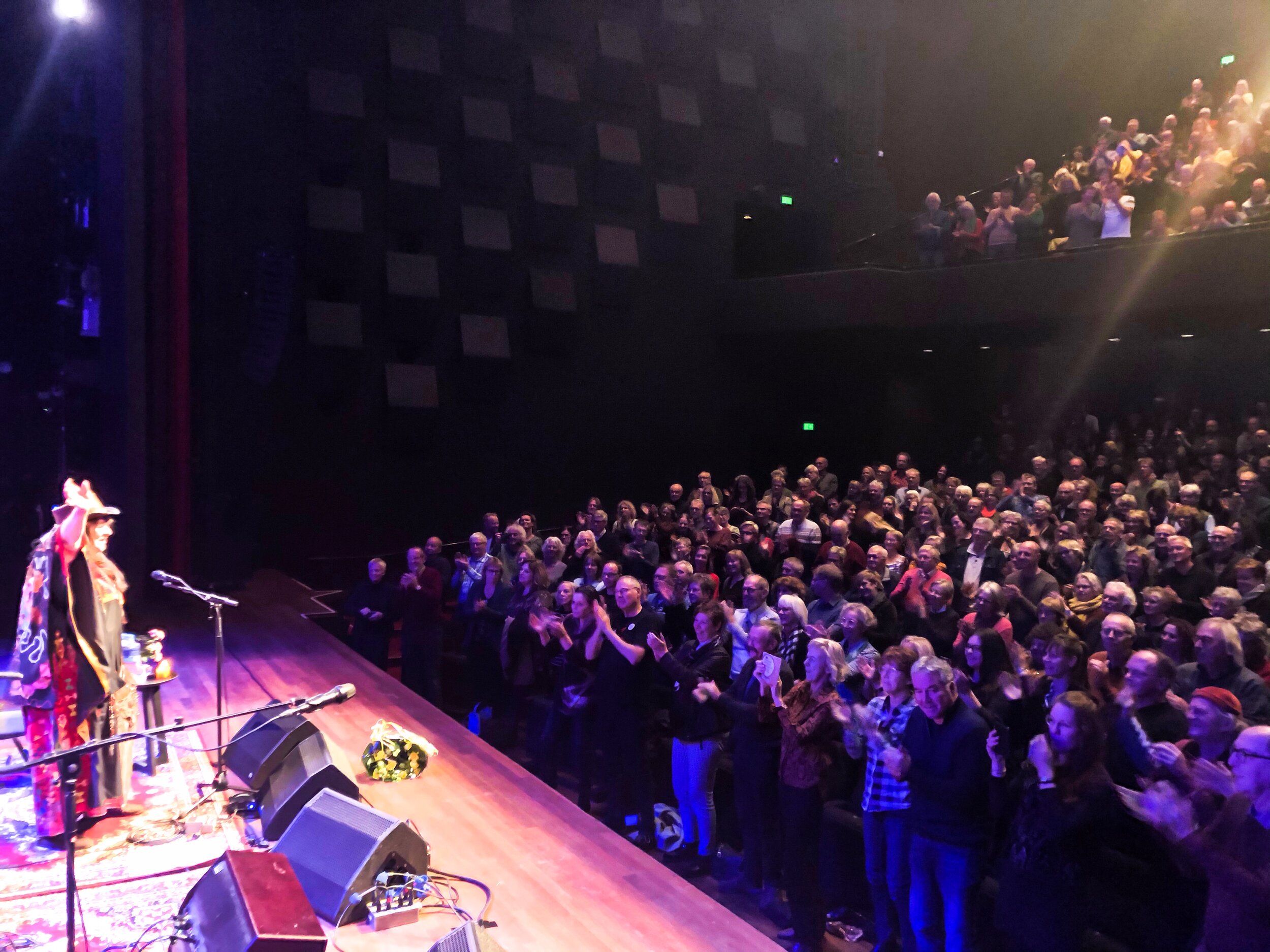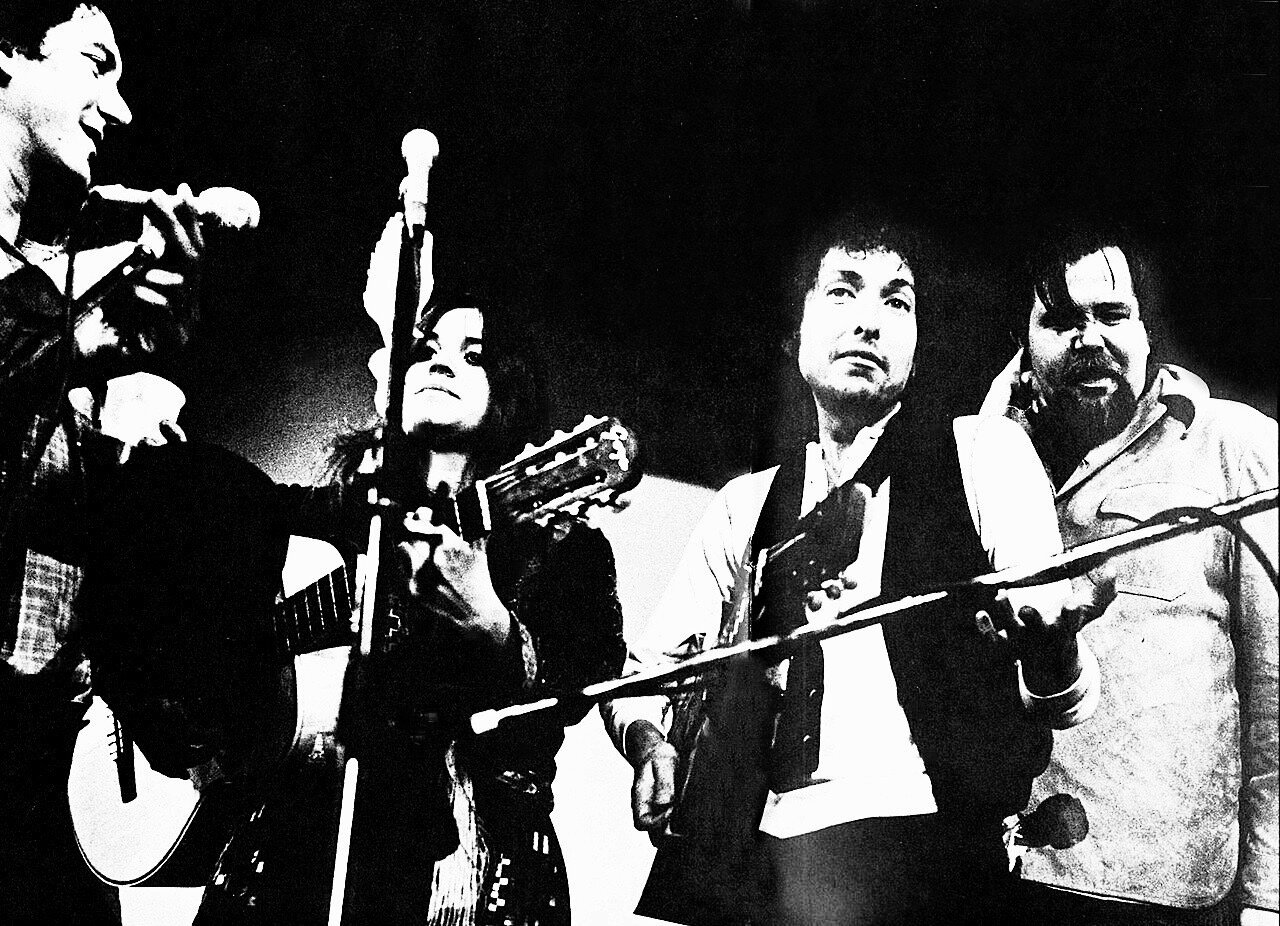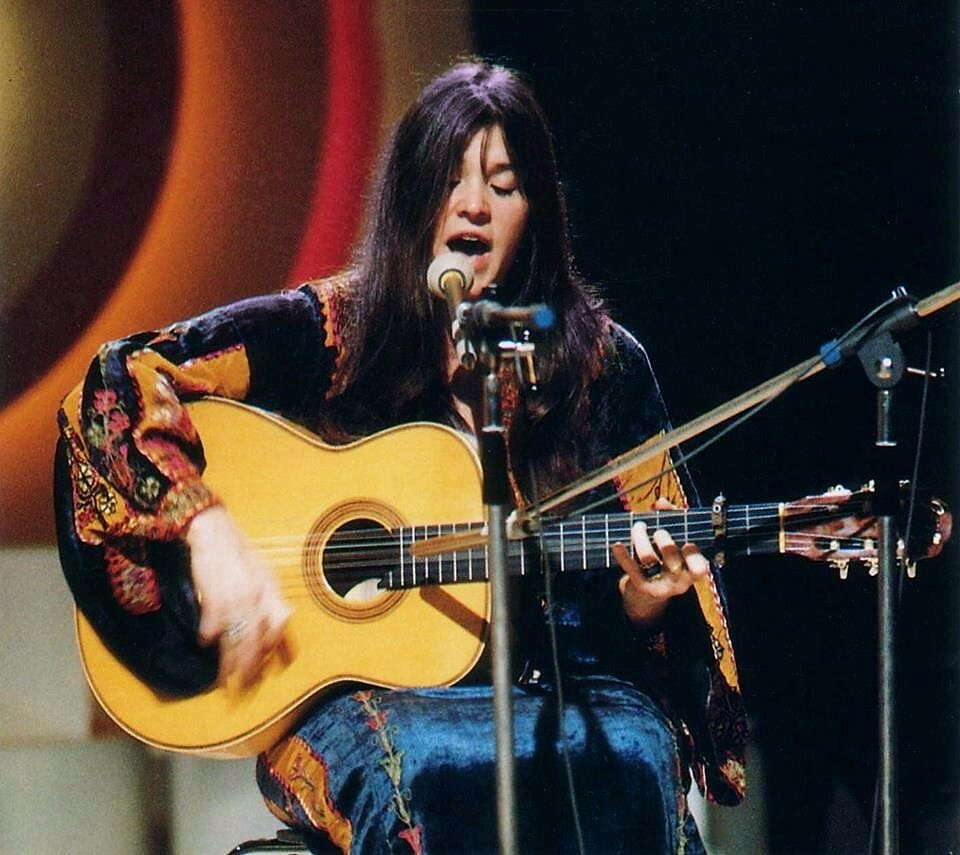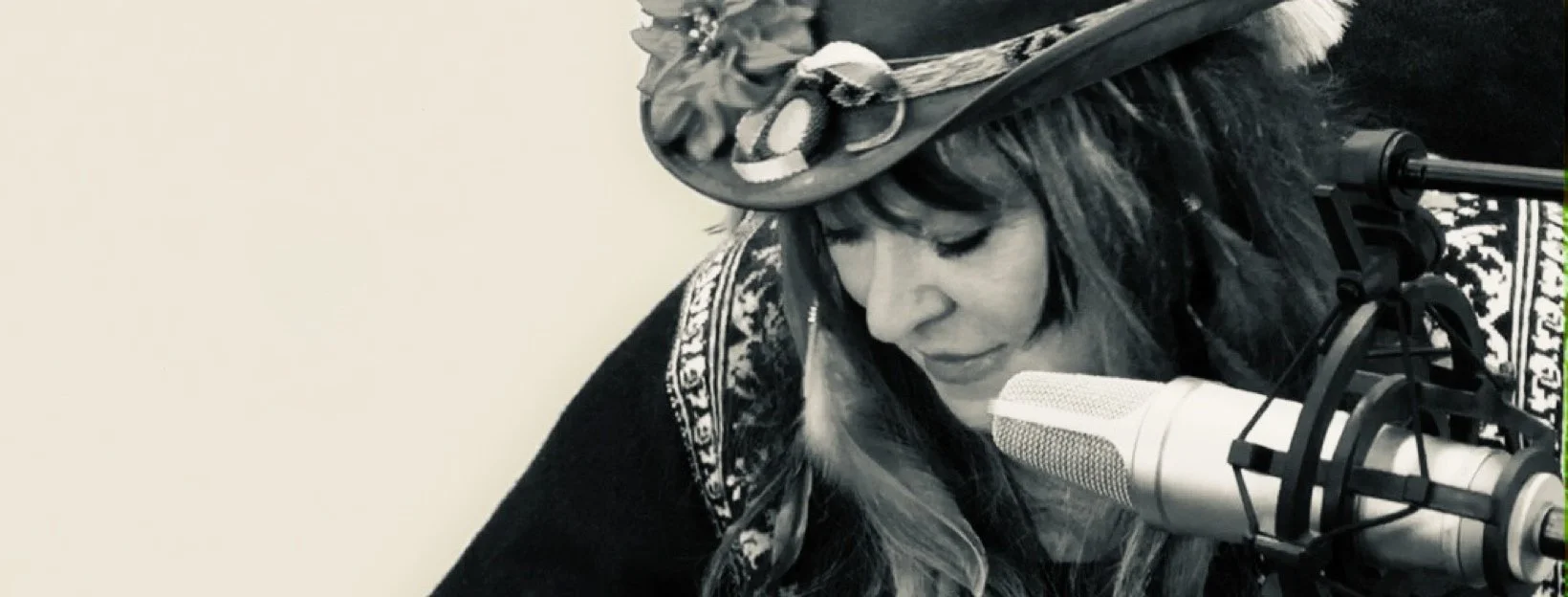
NEW AND UPCOMING RELEASES
Melanie Anne Safka Schekeryk
(February 3, 1947 – January 23, 2024)
Melanie - she has always been known by her first name alone - needs no introduction.
An unexpected star of the Woodstock Festival in 1969, Melanie was the first rocker (and, in some instances, the first woman) to perform at the Metropolitan Opera and Carnegie Hall; the first solo performer to have three simultaneous singles on the Billboard chart; the first, too, to launch her own record label; a major hit at the 1970 Isle of Wight Festival, and the artist selected to welcome the rising midsummer sun at the 1971 Glastonbury Festival.
She dominated British, American and European music press readers polls during 1971-1972, and her music has been covered by acts as far apart as Morrissey, Ray Charles, Barbra Streisand and Dolly Parton.
Other admirers include Keith Richard and the Rolling Stones, who invited her to open their 1976 European tour; Jarvis Cocker, who persuaded her to perform at the 2007 Meltdown Festival; Morrissey; Miley Cyrus; and Jim Morrison. “Jim and I were going to do a rock version of Othello at Madison Square Garden,” she recalls. “I backed out – call me crazy.”
More than that, however, Melanie epitomized the “flower child” imagery of the late 1960s and early 1970s, at the same time as writing songs that tore apart the societal conventions of the day regarding what a young woman (she was barely 20 at the time) should say, think, or do.
This dichotomy continues to this day. For some listeners, she remains the devastatingly beautiful “hippy chick” who sang songs about beetles, Christopher Robin, love, peace and candles in the rain. Her biggest British hit, “Brand New Key,” is remembered as “the bicycle song,” and was later covered by the Wurzels as “Brand New Combine Harvester.” Another Melanie classic, “Look What They’ve Done To My Song, Ma” gave the New Seekers their first hit single in 1970.
For others, however, she is remembered for “Bo Bo’s Party,” about a woman haunting the back room at parties, in search of the attention her impotent husband cannot provide; for songs of darkness and despair; for ripping the sticking plaster off the festering wounds of Vietnam-era America. And for fighting - not always successfully, but resolutely regardless - against the engrained attitudes of the male dominated music industry of the age. A single line in “Brand New Key” encapsulates her fury - “some people say I’ve done alright for a girl.”
Her first battle, aged just 20, was with Clive Davis, the legendary (and legendarily combative) head of Columbia records. When he refused to countenance her first LP until she accepted his “guidance” on how she should present herself, she walked off the label.
Other industry kingpins, too, tried to shape and mould her, and they too lost the battle - Buddah (and later Casablanca) Records chief Neil Bogart, Ahmet Ertegun at Atlantic Records, Clive Davis again at Arista. And, though she was warned, again and again, that her single-mindedness was losing her more friends than she was winning, she didn’t care. This was her career, and it was going to follow the course that she designed, come what may.
She continued to do so for the remainder of her life.











